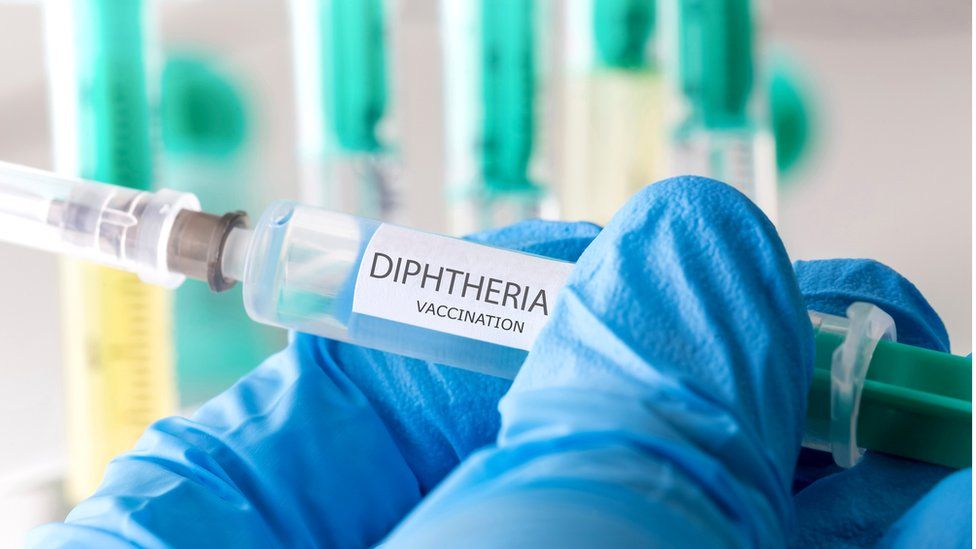Not less than 4.8 million children have been vaccinated against diphtheria across the affected states in the country, according to the Federal Government.
This is coming even as the number of confirmed diphtheria cases rises to 9,478, according to the Nigeria Centre for Disease Control and Prevention (NCDC).
Lafiya360 reports that The Executive Director and Chief Executive Officer (CEO) of the National Primary Health Care Development Agency (NPHCDA), Dr Faisal Shuaib, disclosed this in Abuja during a briefing of the National Diphtheria Taskforce.
He said, “A total of 1,692,762 children, ranging from 6 months to 4 years of age, have been diligently administered the Pentavalent vaccine—a vital safeguard against this disease. In addition, an impressive 3,166,419 children aged 4 to 14 years have received the Td vaccines, further strengthening our safeguards from the disease among our children and teenagers.”
Shuaib disclosed that the phase two, round one of the outbreak response using diphtheria vaccines commenced on September 23 and has unfolded in seven states, comprising 56 Local Government Areas (LGAs) that are profoundly impacted by the ongoing outbreak.
He stated that Kano State, which is the epicenter of the diphtheria outbreak, had also vaccinated 1,111,310 children with Td vaccines (Diphtheria and tetanus), and 544,737 children with Pentavalent vaccines in the phase two.
In his remarks, the Director-General of the NCDC, Dr. Ifedayo Adetifa stated that as of October 19, 2023, there had been 15,060 reported suspected cases of diphtheria, out of which 9,478 were confirmed cases from 137 local government areas in 20 states, including the Federal Capital Territory (FCT).
Diphtheria is a serious infection of the nose and throat that’s easily preventable by a vaccine. A sheet of thick, grey matter covers the back of the throat, making breathing hard.
It spreads by airborne respiratory droplets (coughs or sneezes). Also by saliva (kissing or shared drinks).
While its symptoms include sore throat, fever, swollen lymph nodes and weakness, treatments include antibiotics and an antitoxin that neutralizes the diphtheria toxin. A vaccine is also available.


